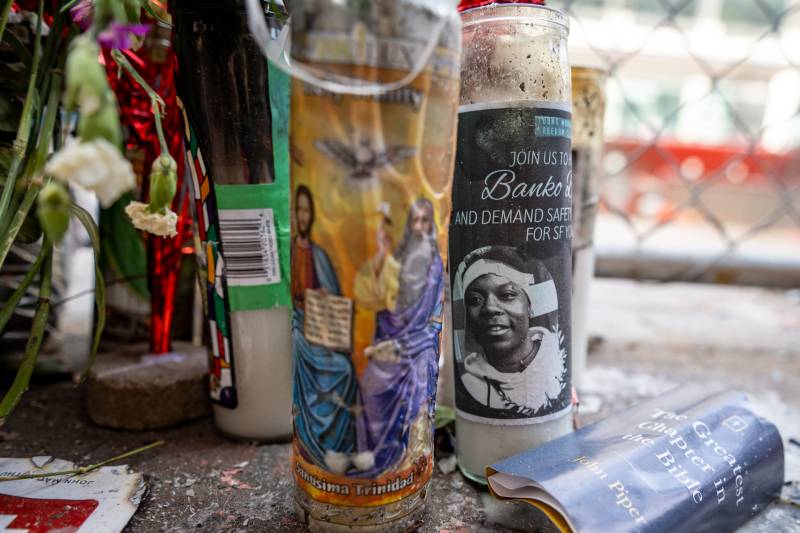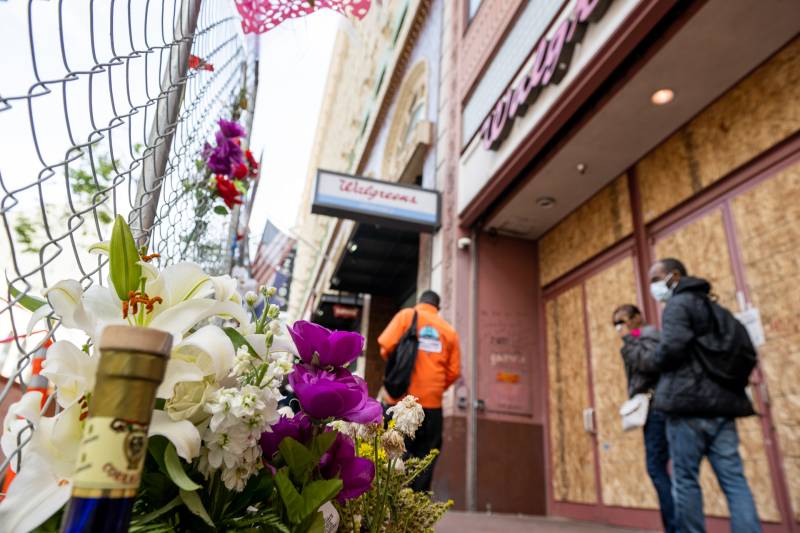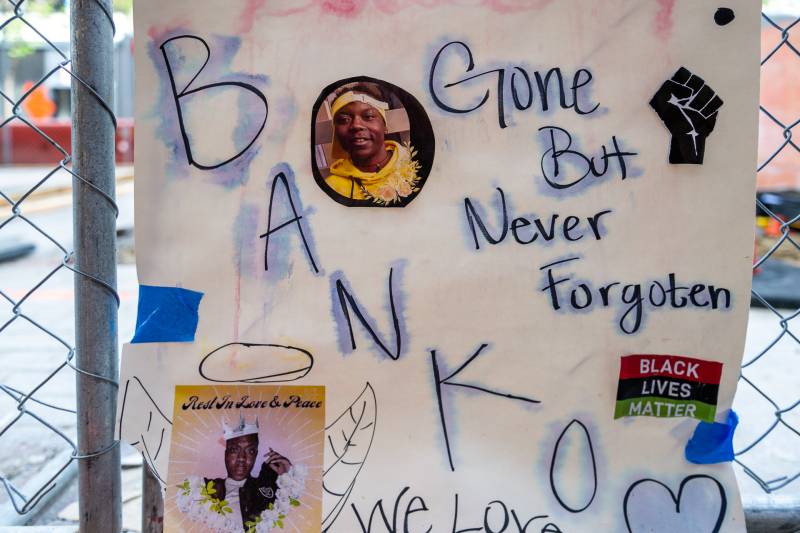San Francisco has long positioned itself as a progressive foil for the rest of the country, especially in the realm of LGBTQ+ rights. And while red states scramble to pass increasingly hateful anti-trans laws, California has become a sanctuary state for trans youth healthcare.
LGBTQ+ culture and history is rich and deep here. We have San Francisco’s Transgender Cultural District, the first of its kind in the world, tons of trans-inclusive nightlife spaces and a number of beloved, influential queer and trans folks in politics and the arts.
But undercutting all of that is a sheer disregard — and sometimes utter disdain — for this city’s poorest residents, a disproportionate number of whom are LGBTQ+. If San Francisco wants to live up to its progressive ideals, Banko Brown’s life must be treated like it actually mattered.

Brown was a 24-year-old trans man shot and killed by a downtown Walgreens security guard, Michael Earle-Wayne Anthony, on April 27 on Market Street. San Francisco police have told reporters that Brown was suspected of shoplifting, and that he was unarmed.
Anthony was arrested, jailed and released three days later, when District Attorney Brooke Jenkins declined to file charges, claiming that the security guard acted in self-defense. But given the fact that Brown had no weapons on him, and that a witness told Mission Local that Anthony followed Brown outside and shot him in the chest, Jenkins’ decision has come under public scrutiny. On Monday, after pressure grew stronger, the DA asked the San Francisco Police Department to reopen the investigation.





